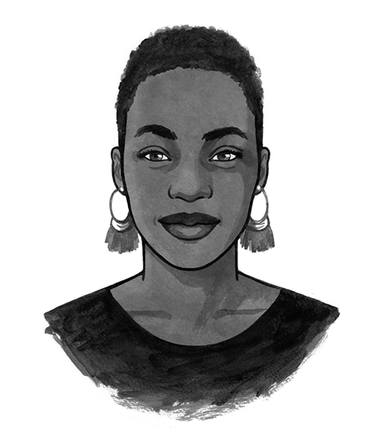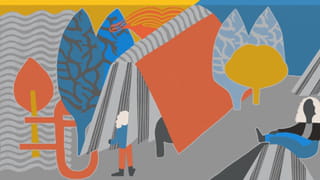The world is always changing. We just don’t quite notice, unless the change is the result of a war – or a plague.
In Buchi Emecheta’s sixth work of fiction, The Joys of Motherhood, the long thread of misery endured by the protagonist, Nnu Ego, was spun by a world changing both too imperceptibly and too quickly.
There aren’t many people around the world familiar with African postcolonial literature who have not read or at least heard of Chinua Achebe’s Things Fall Apart. It’s unlikely, however, that even a tenth of those people are aware of Emecheta or her writing. Yet despite being published more than 20 years apart, Things Fall Apart and The Joys of Motherhood cover very similar ground.
Following the life of a single person from what is now Eastern Nigeria, both books illustrate the disastrous effects of imperialism on the Igbo-speaking peoples of the region. The Joys of Motherhood is set in Ibuza, a town in Eastern Nigeria, and Lagos, the bloated and bustling economic nerve centre in the south-west of the country. Emecheta subtly maps the cultural disruption of the region through the mid-20th century over Nnu Ego’s life. She does this in much the same way Things Fall Apart uses the life trajectory of its protagonist, Okonkwo, to show how colonisation led to the decline of a once-unbowed nation.
Emecheta invites us to watch Nnu Ego’s life play out not just as her own but also as it relates to the people she is bound to by blood and marriage, while introducing us to a colourful range of people that feels surprisingly wide, considering the small size of the book at 200 pages.
How colonialism changed west Africa
I’m Nigerian myself. I grew up in Lagos, the city Nnu Ego migrates to in pursuit of the children she was unable to conceive in her first marriage. And nowhere is it clearer to me than in this city – as I encounter it both in the book and in real life – just how disruptive the imposition of European colonialism was on west Africa and its people.
Nnu Ego’s Lagos is not my own. The same is true of Ibuza, a place I am now connected to by the marriage of one of my siblings, but which bears no resemblance to the farming town described in the book. I recognise the names of some of the places mentioned, but not the life that was possible in them when Nnu Ego first arrived in the early 1930s. For instance, the Lagos lagoon Nnu Ego often walks past is not a part of my life, though I see its now-polluted waters almost every day from bridges, buildings and barricades.
There are no crabs to be caught, no royal palm trees to be seen along the shoreline. In fact, there is no shoreline. The water is inaccessible where the wealthy live because the jetties are private or commercialised. Where the poor live, there are homes far into the water, on sturdy stilts covered with barnacles and deep green algae. If there are still mango trees on which a man can find fruit to eat on a day when he is starving, I have no idea where they are. Instead, what I recognise as the character of my city is the post-second world war hardship that debilitates Nnu Ego and her family.
It is a specific kind of suffering, this precarious urban life that was birthed under the ungenerous rule of British colonising forces. And it is marked most clearly by how alone one is in desperate times.
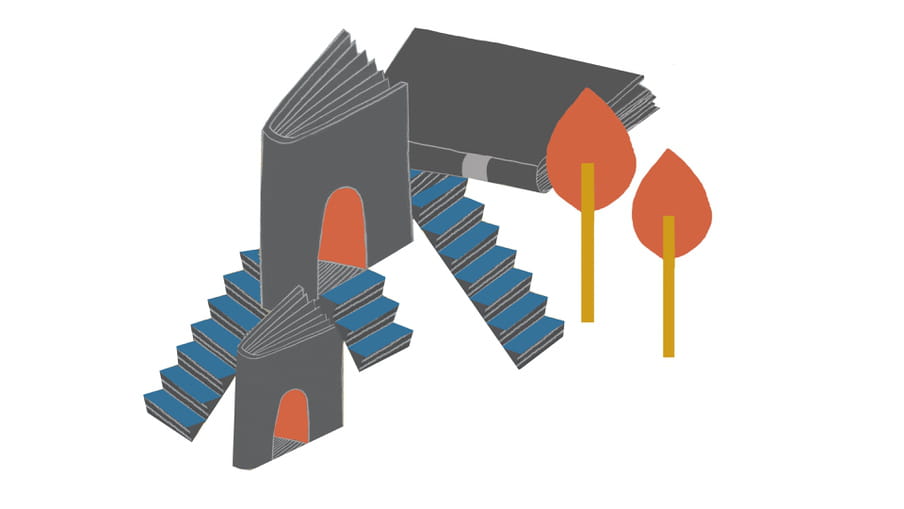
Alone, surrounded by millions of people
In the beginning of the book, when Nnu Ego’s father is wounded by an elephant while hunting in Ibuza, he is nursed and willed, in equal measure, back to good health by his friends, family and lover. When his most senior wife falls ill and eventually dies, the story is the same. No one lives alone, so no one suffers or dies alone.
By the time Nnu Ego has been in Lagos 20 years, however, she is so accustomed to solitary suffering that she gives birth to her ninth child completely alone, biting her lip until she draws blood so she doesn’t attract any attention. She has endured decades of grinding poverty in varying degrees of aloneness, and before long has even learned that aloneness is useful for hiding the shame associated with poverty in a place like Lagos.
Before long, she has even learned that aloneness is useful for hiding the shame associated with poverty in a place like Lagos
When she is kicked out of the servants’ quarters, where she once lived with her husband on the property of his white and unsurprisingly racist employers, she is still trusting and unashamed enough to ask her former neighbours for help. Ten or so years later, she has become completely mistrustful of her neighbours and townspeople. She leaves her children unattended to walk across town to find someone to help her read a money order she receives from her husband, who’s been abducted to join the British troops.
By this time, Nnu Ego has begun to take the isolation of city life as a given. The pattern is that those who can leave their people behind in search of money and better prospects do so (her husband, her co-wife, her children all do this). Many do not come back, and if they do, they come back changed. She herself becomes that way without realising it. When she grows too weary to keep up the endless, unrewarding quest for money to survive, she sets her remaining children up to the best of her ability and is content to see them rarely or never, to return to a simpler life in Ibuza.
Thinking of your own children
But it’s not as though life in Ibuza was completely without its complications. After all, it was there that Nnu Ego learned that she didn’t belong to herself. It’s difficult to tell, from Emecheta’s writing, which ideas of women’s place in the world came from the early 20th century Igbo society the book is partially set in, and which from the late 20th century in which Emecheta herself came into womanhood.
The differences in the lives of Nnu Ego, her mother Ona, and her twin daughters Taiwo and Kehinde are revealing, however. It’s easy to see how women’s freedoms, limited as they may have been at the start of the century, were further compromised not only by religion or direct British disruption of indigenous norms. There were also many subtle changes to the fabric of family and society, caused by the shift from communal to urban life.
Wifehood was once negotiable, at least for high-born women, and motherhood offered long-term security provided by children and family. Urban living, and in particular the urban poverty that was inevitable for so many "colonial subjects", eroded this. The reduction of women from productive members of society to dependent wives and mothers, and of men from rounded human beings to mere providers, cemented gender roles and undermined the flow of power from one person to another in marital or romantic relationships.
The scarcity fostered by urban life also affected children. Urban poverty made it practically impossible to maintain the communal idea that all children born into the same family were the responsibility of all the adult members of the family. In Lagos, there was no wisdom in implicitly trusting that your family would catch you if you fell on hard times. Family members might themselves be unable to support you. There was also great physical distance separating people from their homesteads and the attendant sense of pride that must be maintained in the family name. As a result, some relatives might actually choose not to offer support, despite having the means to do so. Suddenly, the concept of "thinking of your own children" reigned supreme.
Nnu Ego thinks of her own children, literally to the death. As she reluctantly realises that the world she is living in is not the one she was born into, her hopes gradually shift. Her unshakeable faith that having children would redeem, elevate and sustain her in her old age is slowly worn down by disappointment after crushing disappointment, as she witnesses the disappearance of every norm that she was raised to believe in.
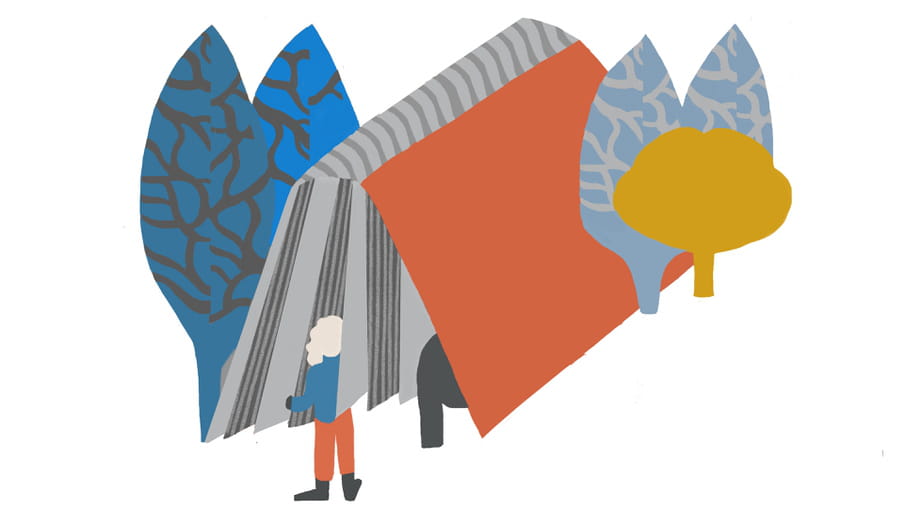
A life of one’s own
When Nnu Ego dies, she does so much less violently than the slave woman who was killed so she could be buried with her father’s wife, and who came back as her chi. This event is presented in the book in a matter-of-fact way; we meet the slave in the same moment as she is being forced into a grave. If the slave had not been killed that day, perhaps she would’ve lived long enough to be freed and see her own prospects go in the opposite direction of Nnu Ego’s, from precarity to security. Emecheta doesn’t say much about this slave woman. Like all women in Achebe’s Things Fall Apart, the slave is not much of a character. She exists only to illuminate Nnu Ego’s path from a life of safety in community into a crushingly lonely existence.
In this world, the collective is fragile if it exists at all
By the end of Nnu Ego’s journey, we are firmly situated in a world where children can walk away from their families without a backwards glance, a man is only as valuable as his income, and a woman is nothing if she is not a wife and mother. In this world, the collective is fragile if it exists at all, and the work of nurturing new life in the world is an often solitary pursuit with questionable rewards.
Nnu Ego raises her children in a world far different from the one she was born into. Otherwise, she would be better prepared for the possibility that a woman can be full of children but devoid of any kind of life to call her own.
In this world, true joy is scarce and fleeting, just like so much else that makes life worth living. But who knows? We might now have a real chance to change that.
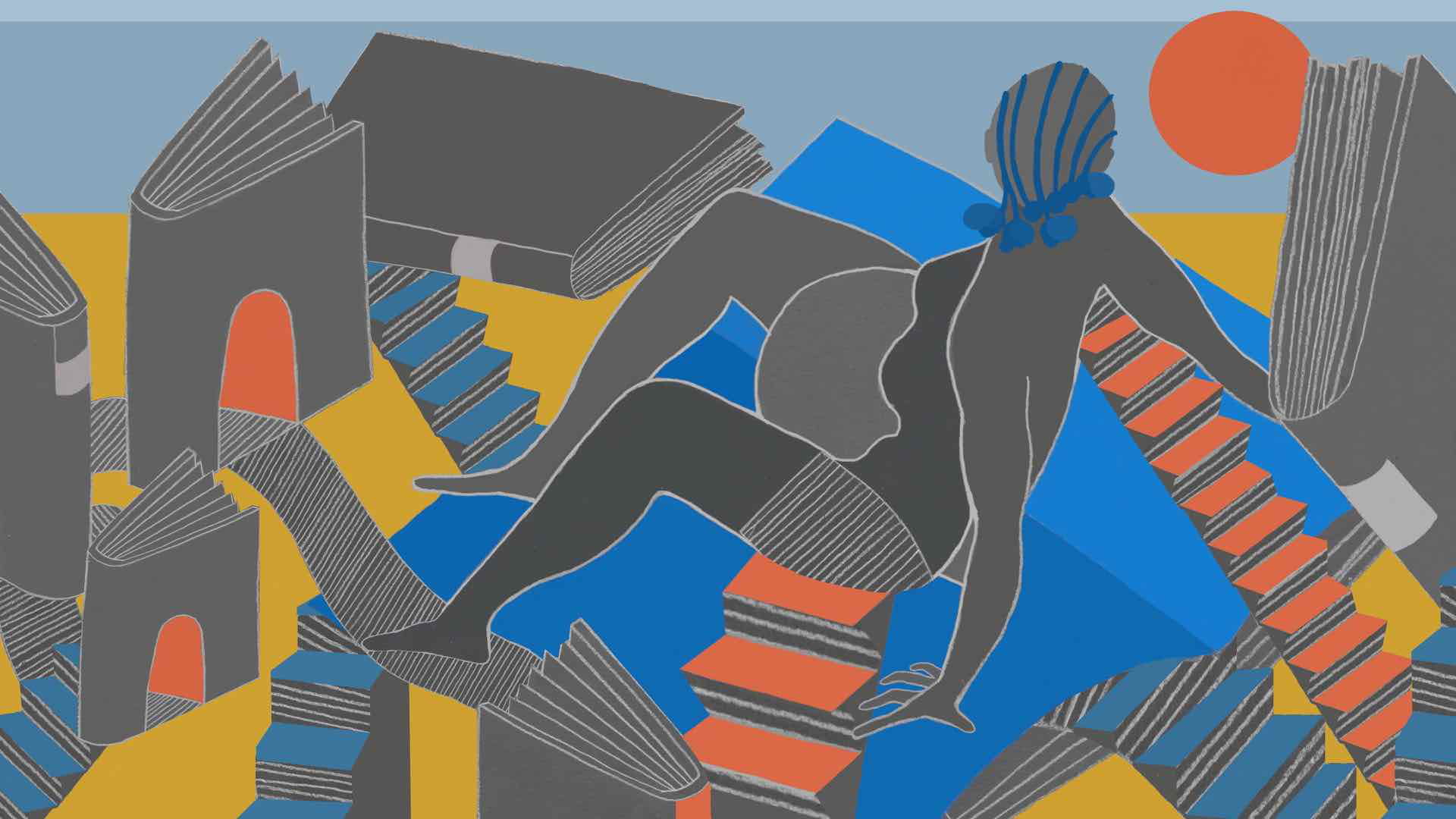 Join us to talk about Buchi Emecheta’s work in a book club call
At 09:00 EDT / 15:00 CET on Tuesday 31 March, we will be discussing The Other Shelf book of the month, The Joys of Motherhood, live in a webinar on Zoom with OluTimehin Adegbeye, Othering correspondent, and Irene Caselli, who covers the First 1,000 Days.
Join us to talk about Buchi Emecheta’s work in a book club call
At 09:00 EDT / 15:00 CET on Tuesday 31 March, we will be discussing The Other Shelf book of the month, The Joys of Motherhood, live in a webinar on Zoom with OluTimehin Adegbeye, Othering correspondent, and Irene Caselli, who covers the First 1,000 Days.
Dig deeper
 Politics, motherhood and resistance on the reservation
The American Dream was built on the nuclear family. A new book by Brianna Theobald shows how this family model was weaponised against Native American women – and how they fought back.
Politics, motherhood and resistance on the reservation
The American Dream was built on the nuclear family. A new book by Brianna Theobald shows how this family model was weaponised against Native American women – and how they fought back.

